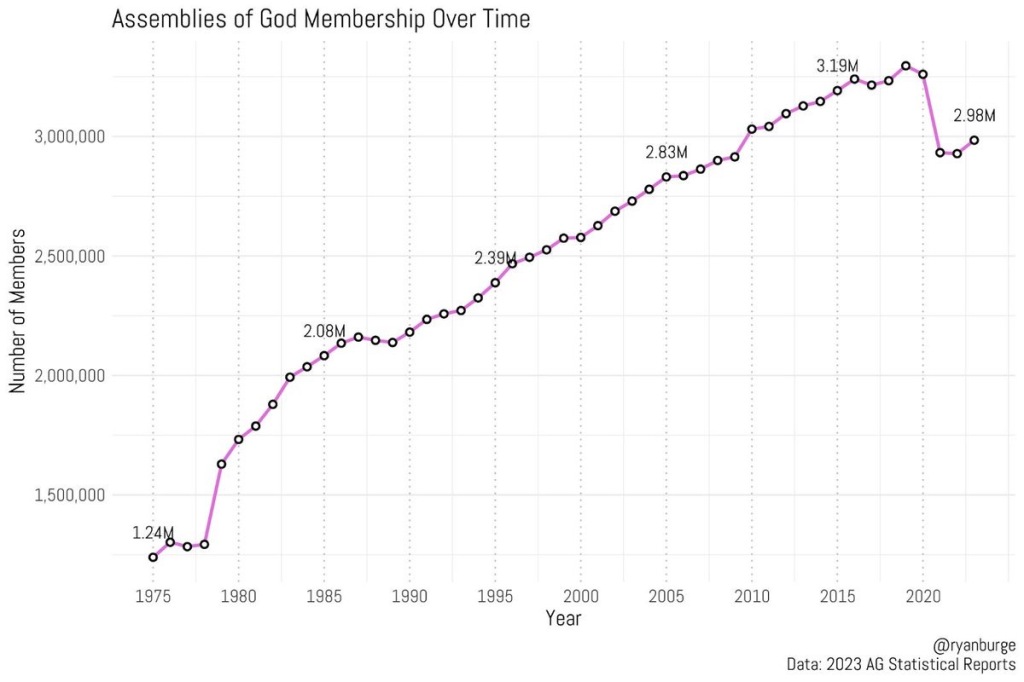More and more I find myself reminiscing the “good old days.” How life was better. Simpler. Does that make me a curmudgeon? “Hey, you rotten kids, get off my lawn.” Maybe it does.
In the good old days, people sat in waiting rooms looking at outdated magazines or (believe it or not) actually talked to one another. Now we just look at our phones as if we were wearing a sign reading, “Don’t bother me.” Can’t we have polite conversations with our fellow humans anymore?
In the good old days, people gossiped. One chattery phone call at a time. Now, on social media we see all the dirty laundry and gossip– every wretched morsel. Must we post every minutia true or false?
In the good old days, leaders could fall. Of course, they could. People are human. But when leaders fell, unless it was a larger than life figure (Can you say, “Jimmy Swaggart”?), we didn’t hear about it. Maybe it happened at the same rate in the good old days, but we didn’t hear about it. Now, every time a church or Christian failure makes the headlines, I get a little more discouraged. Does anyone live a holy life anymore?
In the good old days, we trusted that people had mostly good intentions. Now everyone from politicians to preachers to police officers to school board officials to well, everyone… is looked upon suspiciously. We don’t trust others anymore.
In the good old days, church folks could vote different from me, and I still thought of them as brothers and sisters in Christ. Now, if I don’t vote like my fellow church members I am either a fascist, a socialist or just plain dumb or some combination of the three; and I certainly can’t be a Christian (unless I’m just plain dumb. Jesus loves dumb people too). Can’t we disagree charitably anymore?
In the good old days, people got mad and angry. They still do. It just seems that folks get angrier faster theses days. People are more vulgar too. Common decency isn’t so common. Can’t we learn to turn down the temperature instead of throwing gasoline on every single thing?
In the good old days, evangelical was a Christian term. It meant Christians believed they were to share the good news of Jesus Christ to our non-Christian neighbors. Now evangelical is a political term and it brings with it all kinds of baggage much of which does not look like Jesus at all. Whatever happen to the “What would Jesus do bracelets? Maybe we need to get them out of our junk drawers and start wearing them again (and actually doing what Jesus would do).
The good old days weren’t always good. I don’t want to overlook the many sins of the past. People needed Jesus then. People still do. It just seems that we need Jesus now more than ever.








